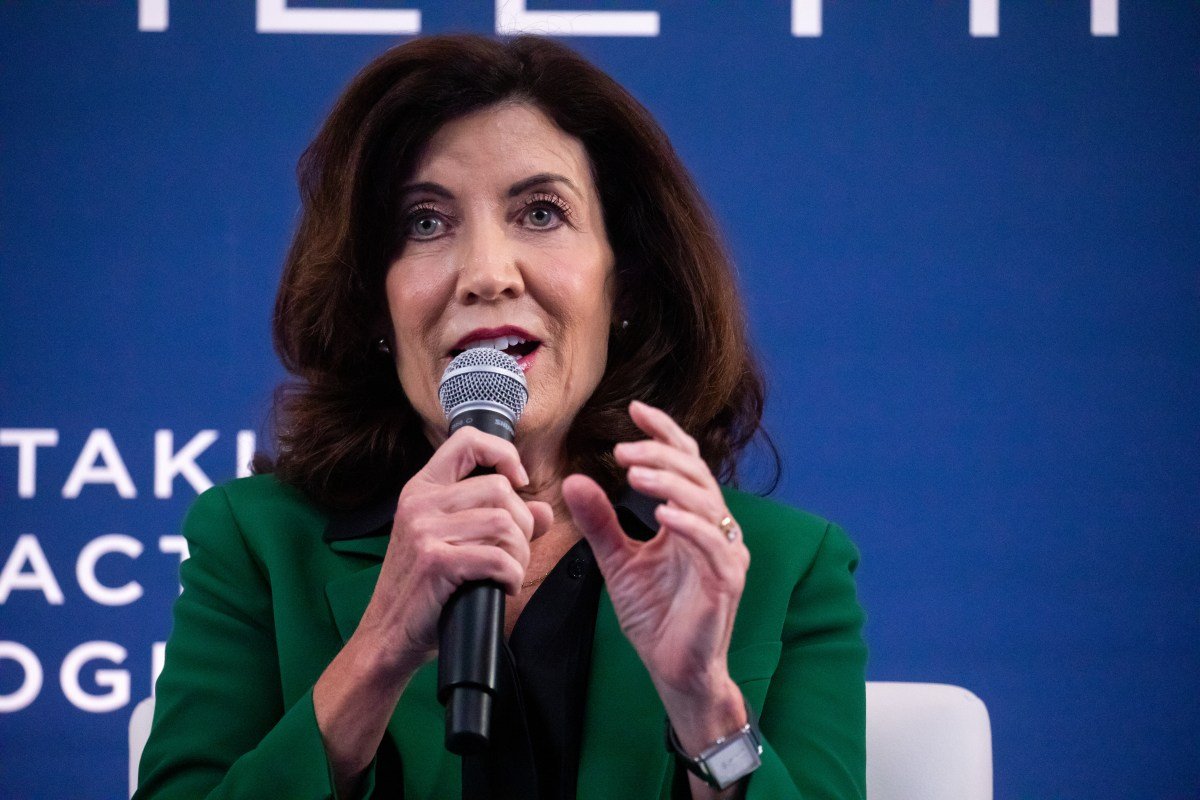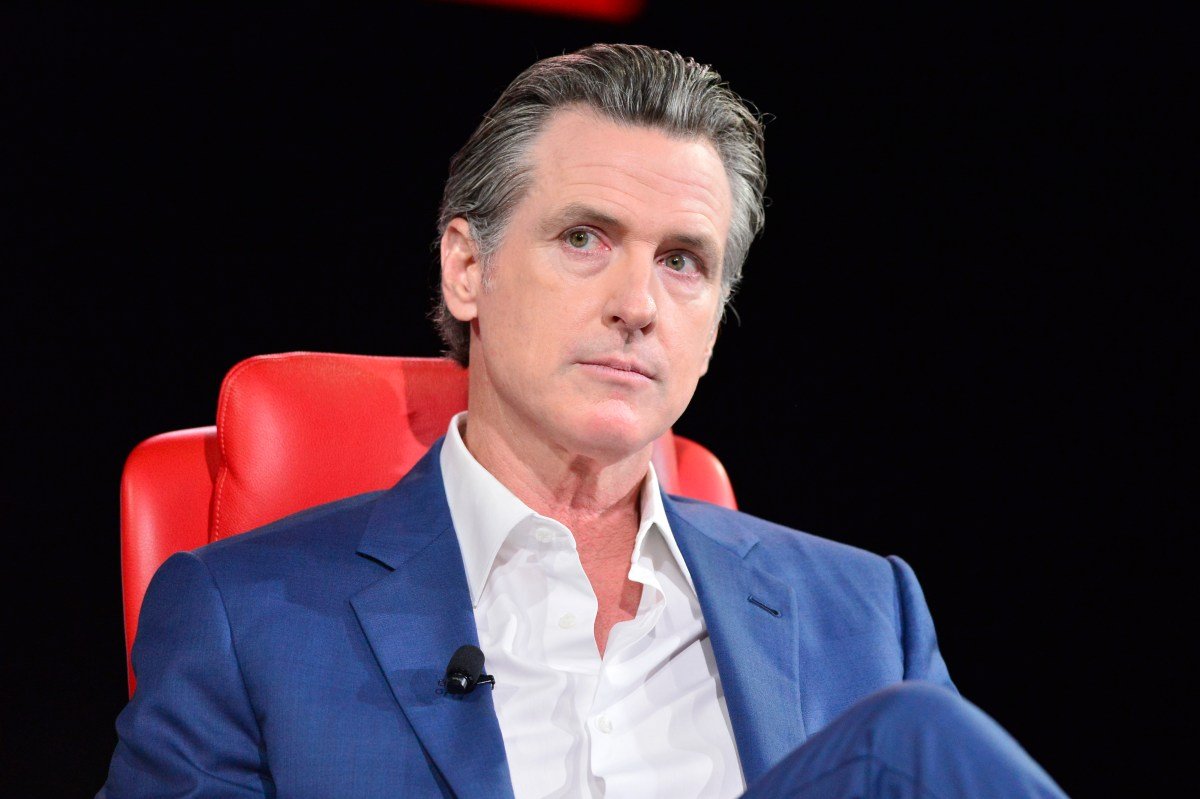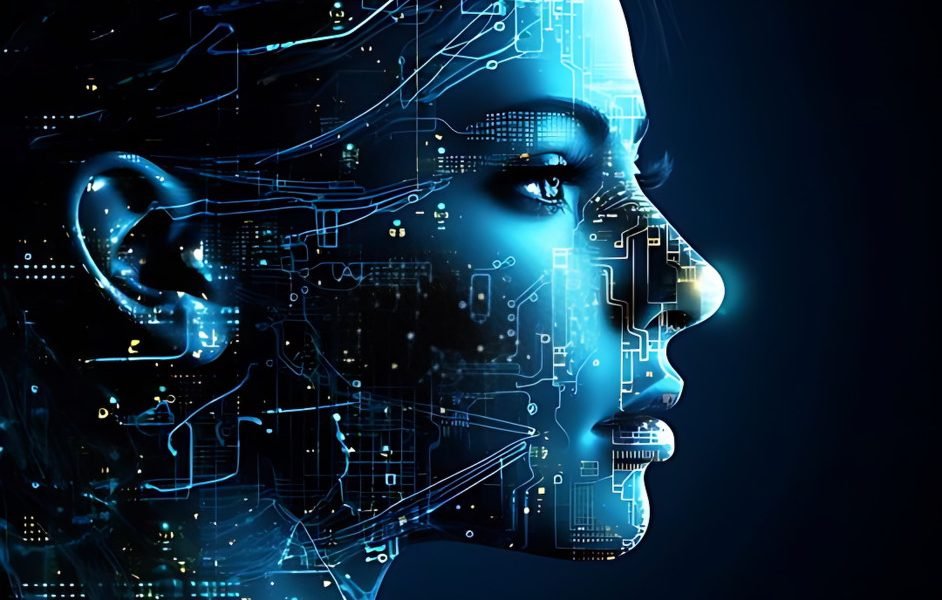<div>
<h2>New York Becomes Second U.S. State to Enact Groundbreaking AI Safety Legislation</h2>
<p id="speakable-summary" class="wp-block-paragraph">Governor Kathy Hochul has signed the RAISE Act, marking a significant step for AI safety regulations in New York.</p>
<h3>Overview of the RAISE Act</h3>
<p class="wp-block-paragraph">In June, New York state lawmakers <a target="_blank" href="https://techcrunch.com/2025/06/13/new-york-passes-a-bill-to-prevent-ai-fueled-disasters/">passed the RAISE Act</a>. However, after pressure from the tech sector, <a target="_blank" rel="nofollow" href="https://www.axios.com/2025/12/11/ny-gov-kathy-hochul-major-changes-ai-bill">Governor Hochul proposed amendments</a> to simplify the bill. Ultimately, she signed the original legislation while lawmakers agreed to consider her changes in the following year, as reported by <a target="_blank" rel="nofollow" href="https://www.nytimes.com/2025/12/19/nyregion/ai-bill-regulations-ny.html">The New York Times</a>.</p>
<h3>Key Provisions of the Act</h3>
<p class="wp-block-paragraph">The law mandates that major AI developers disclose their safety protocols and report incidents to the state within 72 hours. A new office within the Department of Financial Services will oversee AI development.</p>
<h3>Penalties for Non-Compliance</h3>
<p class="wp-block-paragraph">Companies that fail to submit safety reports or provide misleading information could face fines of up to $1 million, escalating to $3 million for repeat violations.</p>
<h3>California's Similar Legislation</h3>
<p class="wp-block-paragraph">In September, California Governor Gavin Newsom <a target="_blank" href="https://techcrunch.com/2025/09/29/california-governor-newsom-signs-landmark-ai-safety-bill-sb-53/">signed a similar AI safety bill</a>. Hochul highlighted this development in <a target="_blank" rel="nofollow" href="https://www.governor.ny.gov/news/governor-hochul-signs-nation-leading-legislation-require-ai-frameworks-ai-frontier-models">her announcement</a>.</p>
<h3>Governor Hochul's Remarks</h3>
<p class="wp-block-paragraph">Hochul emphasized, “This law builds on California’s recently adopted framework, creating a unified benchmark among the country’s leading tech states as the federal government lags behind in implementing essential public regulations.”</p>
<h3>Support and Opposition in the Tech Industry</h3>
<p class="wp-block-paragraph">State Senator Andrew Gounardes, a key sponsor of the bill, tweeted, “Big Tech thought they could undermine our bill. We stood firm and passed the strongest AI safety law in the nation.”</p>
<p class="wp-block-paragraph">Interestingly, both OpenAI and Anthropic have expressed support for New York's legislation but are also advocating for federal standards. Anthropic’s external affairs head, <a target="_blank" rel="nofollow" href="https://www.nytimes.com/2025/12/19/nyregion/ai-bill-regulations-ny.html">Sarah Heck</a>, noted the importance of these state regulations in encouraging Congressional action.</p>
<p class="wp-block-paragraph">Conversely, a super PAC supported by Andreessen Horowitz and OpenAI President Greg Brockman is targeting Assemblyman Alex Bores, who co-sponsored the bill. Bores commented, “I appreciate the clarity of their position.”</p>
<h3>Federal Pushback Against State Regulations</h3>
<p class="wp-block-paragraph">Adding to the complexity, President Donald Trump recently <a target="_blank" href="https://techcrunch.com/2025/12/08/one-rule-trump-says-hell-sign-an-executive-order-blocking-state-ai-laws-despite-bipartisan-pushback/">signed an executive order</a> aimed at challenging state AI laws. Supported by his AI czar <a target="_blank" href="https://techcrunch.com/2025/11/30/new-report-examines-how-david-sacks-might-profit-from-trump-administration-role/">David Sacks</a>, this order signifies an ongoing struggle between federal and state regulatory powers.</p>
<h3>Discussing the Future of AI Regulation</h3>
<p class="wp-block-paragraph">We recently covered Trump's executive order and the influence of Sacks and a16z on state AI regulations in an episode of <a target="_blank" href="https://techcrunch.com/podcasts/equity/">the Equity podcast</a>.</p>
<figure class="wp-block-embed is-type-video is-provider-youtube wp-block-embed-youtube wp-embed-aspect-16-9 wp-has-aspect-ratio">
<p></p>
</figure>
</div>This revision incorporates engaging and SEO-optimized headings that enhance readability and structure while keeping the key information intact.
Here are five FAQs regarding New York Governor Kathy Hochul signing the RAISE Act to regulate AI safety:
FAQ 1: What is the RAISE Act?
Answer: The RAISE Act (Regulating Artificial Intelligence Safety and Equity) is a legislative measure signed by Governor Kathy Hochul aimed at ensuring the safe and ethical development of artificial intelligence technologies in New York. It establishes a framework for evaluating AI systems and mitigating potential risks.
FAQ 2: Why was the RAISE Act introduced?
Answer: The RAISE Act was introduced to address growing concerns about the safety, fairness, and transparency of AI technologies. It aims to protect consumers and ensure that AI systems are developed responsibly, prioritizing public welfare and reducing biases in AI applications.
FAQ 3: What are the key provisions of the RAISE Act?
Answer: Key provisions of the RAISE Act include guidelines for the assessment of AI systems, requirements for transparency in AI algorithms, and accountability measures for developers. The act mandates regular audits and the establishment of an advisory board to oversee AI safety standards.
FAQ 4: How will the RAISE Act impact businesses using AI?
Answer: Businesses utilizing AI will need to adhere to the standards set by the RAISE Act, ensuring that their AI systems are evaluated for safety and ethical considerations. This may involve implementing new compliance measures, which could increase operational costs but ultimately lead to more trustworthy and reliable AI applications.
FAQ 5: What are the potential benefits of the RAISE Act for consumers?
Answer: For consumers, the RAISE Act aims to enhance the safety and fairness of AI technologies. By promoting transparency and accountability, the act seeks to reduce biases, protect user privacy, and ensure that AI systems function reliably, fostering greater trust in AI-driven services and products.









